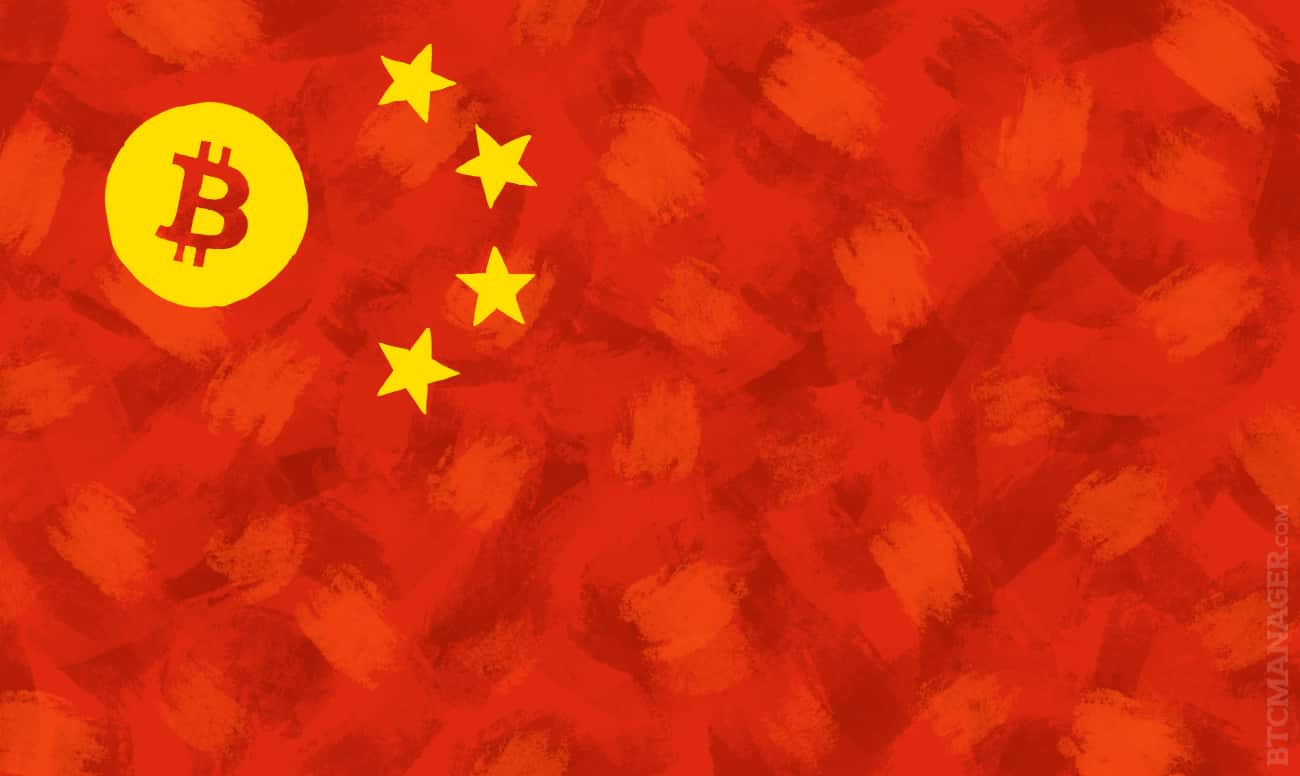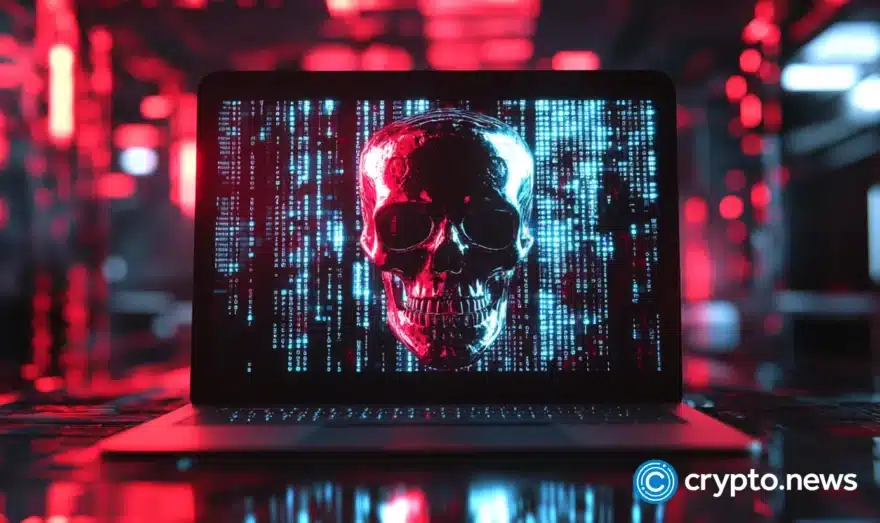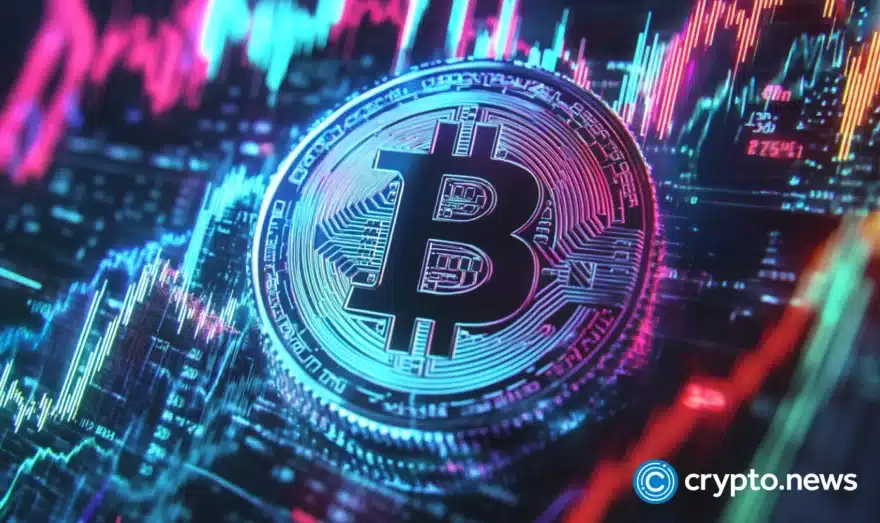PRC Right to Ban ICOs and Exchanges says PBOC Vice President

According to a post that appeared in state-run media outlet Xinhua News, People’s Bank of China (中国人民银行) vice president Gongsheng Pan (潘功胜) made the following comment at a recent forum event in response to a moderator prompt about Bitcoin:
“There is only one thing that we should do now, and that is stand by and watch as bitcoin’s corpse floats past us.”
Cease All Operations
In recent months, the PRC government has put bans in place on holding or participating in any ICO activity. Pan noted that the central government’s decision to go forward with the ban was the right choice. If the administration did not put bans in place, according to Pan, the fallout could have been catastrophic.
Later, all domestic exchanges were ordered to cease operations, leading to them relocating to other territories.
Pan also referenced a book by Kedge Business School professor Eric Pichet, “Bitcoin à 10.000 dollars: bulle spéculative ou valeur d’avenir?” Or, “Bitcoin Heads to $10,000: Speculative Bubble or Future Value?”.
The book itself is highly critical of Bitcoin and suggests that it is, in fact, a bubble waiting to burst.
Bitcoin Trade Continues in China
The bitcoin trade continues in China to this day, despite the regulations. The exchanges are due in part because there are still no laws against mining, owning, or trading Bitcoin between individuals. The rules only apply to ICOs, and to currency exchanges.
Services like localbitcoin.com have allowed for the buying and selling of bitcoin to continue. This is because localbitcoin.com is not an exchange, but an escrow service for person to person trades.
Due to fears of money laundering and tax avoidance, government officials forbid most companies from accepting cryptocurrency for any trade or business purpose. The exception to this seems to mostly be from businesses that deal directly in the bitcoin business, like Bitmain.
PRC Government Fears Unregulated and Risky investments
Over the past few years, risky investments including pyramid and, Ponzi schemes, as well as other high-yield investment plan scams have been increasing.
Ezubao, which supposedly stole over $7.6 million last year is an excellent example of this growing trend.
What the PRC government is aiming for is stability and maintaining the status quo. Bitcoin and other cryptocurrencies cannot be easily manipulated or controlled. Therefore they are difficult to regulate.
A Threat to stability?
The PRC government views cryptocurrencies as a threat to stability. If billions of equivalent dollars were to be invested and lost in something like bitcoin, the government fears it could cause social instability.
The People’s Bank of China, which is considered a part of the government, can make changes to national monetary policies. The central bank currently holds $3.2 trillion in its reserves.













